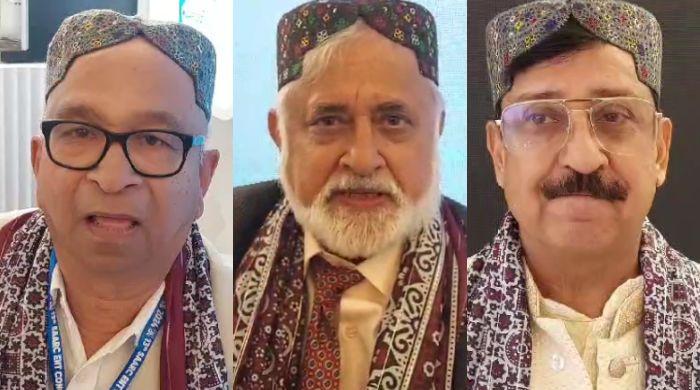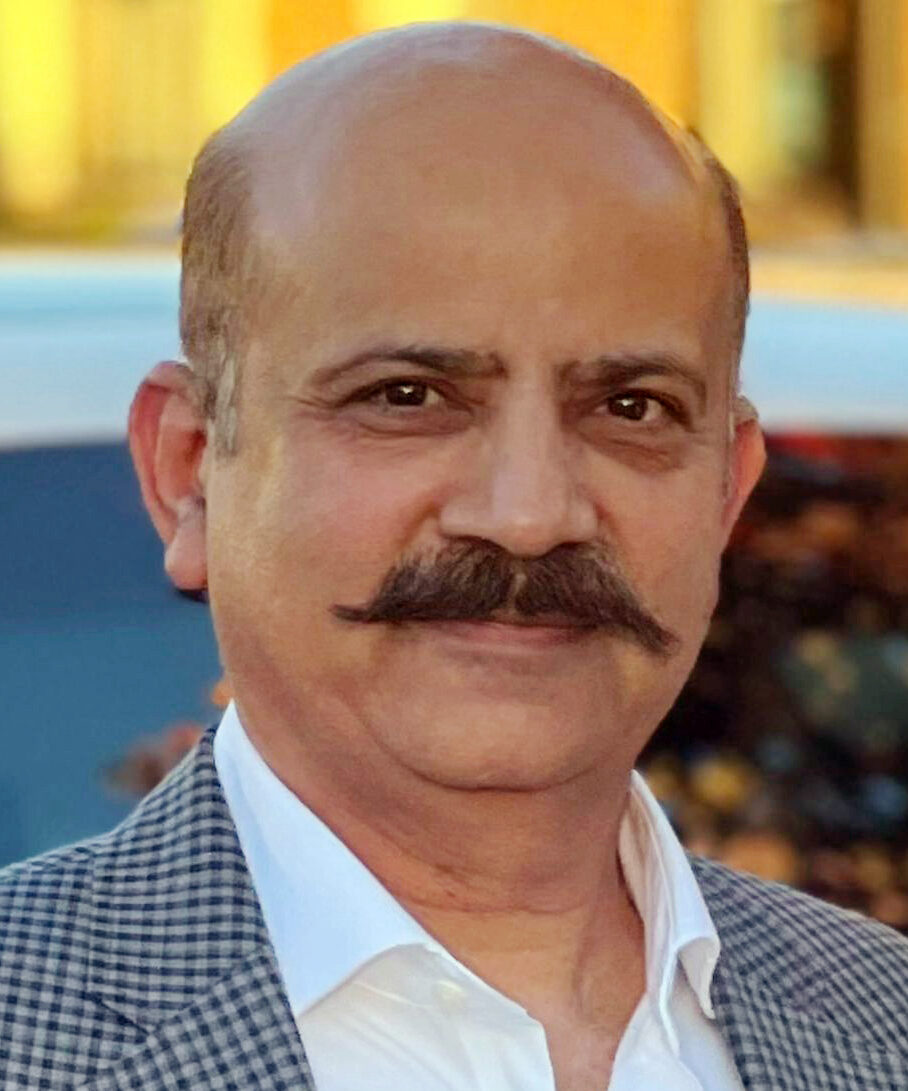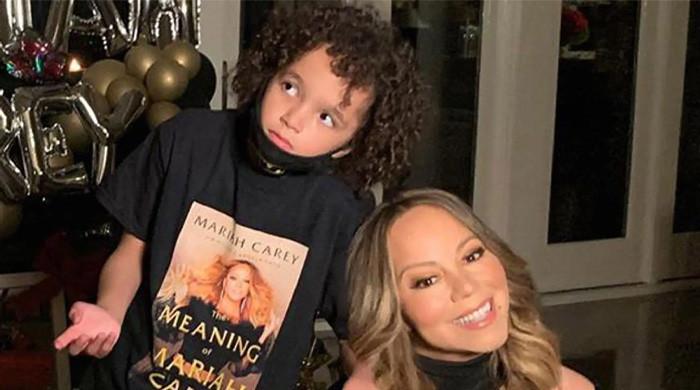Indian doctors in Pakistan laud exceptional hospitality

Indian healthcare professionals participating in the 13th Saarc ENT (Otorhinolaryngology, Head and Neck Surgery) Congress in Karachi on Friday commended Pakistan’s exceptional hospitality and the high regard shown to visitors.
Describing Pakistan as just as safe as any Indian city, the doctors called for greater collaboration between Indian and Pakistani healthcare specialists, which they said could benefit the region, transcending political barriers.
“No nation can match Pakistanis in hospitality. They respect and care for their guests to a degree that makes us feel overwhelmed,” said Dr KP Morwani, a highly regarded ENT surgeon from Mumbai.
Dr Morwani, who described himself as a “Sindhi conceived in Pakistan and born in India” after his parents migrated during Partition, praised the warmth of his hosts.
He said he was visiting Pakistan for the second time but lamented the lack of direct flights between Mumbai and Karachi.
“We spent over 12 hours travelling through Bahrain for a journey that could take only 90 minutes. Easier travel would allow specialists from both nations to collaborate more effectively for the benefit of patients,” he added.
Dr MK Taneja, a senior ENT specialist from Uttar Pradesh, echoed these sentiments. Having visited Pakistan twice, he remarked: “I have always admired Urdu as I studied in Lucknow. The warmth we received at the Pakistani High Commission and Karachi airport reflects the culture of this country.”
The Indian delegates emphasised that collaboration between the two countries’ healthcare communities could improve patient outcomes and enhance skills on both sides.
“Pakistani surgeons are highly skilled in specific areas, and Indian doctors excel in others. By working together, we can learn from one another and benefit our patients,” said Dr. Morwani.
The Saarc ENT Congress, hosted by the Society of Otorhinolaryngologists of Pakistan, has brought together over 30 international delegates from South Asia and beyond to discuss advancements in ENT and head and neck surgery.
Five Indian delegates, including specialists practicing in Gulf countries, are among the participants.
Prof Sameer Qureshi, the organising secretary, emphasised the congress’s importance for regional collaboration.
“This event is an excellent opportunity for specialists to exchange knowledge and address common health challenges in the Saarc region. We are proud to host such a distinguished gathering,” he said.
Workshops covering audiology, cochlear implants, temporal bone dissection, and head and neck surgeries were held at premier medical institutions, including Indus Hospital, Dow International Medical College, and Jinnah Postgraduate Medical Centre. Discussions ranged from advancements in minimally invasive surgical techniques to strategies for managing hearing loss and sinus diseases.
Prof Tariq Rafi, the guest of honour, praised Pakistan for hosting a world-class event. “This congress showcases the expertise of specialists from Pakistan and the region. It fosters partnerships that can contribute significantly to healthcare advancements,” he said.
Prof. Nar Maya Thapa from Nepal, attending Pakistan for the first time as the conference president, praised the scientific rigor of the event and the hospitality extended to delegates. “This congress is a model of how countries in the region can unite for shared goals in healthcare,” he remarked.
Dr GM Arif, a senior academic attending the event, highlighted the need for collaborative efforts to address issues like hearing impairment and oral cancer, which are prevalent across the region.
The congress also aimed to address broader healthcare challenges, including equitable resource distribution, disease management guidelines, and improving surgical outcomes. Delegates stressed that such platforms could help build trust and strengthen ties between South Asian nations.
As the congress continues until December 10, participants expressed optimism about the potential for greater cross-border collaboration.
“Events like these not only advance medical science but also promote peace and understanding. Healthcare is a universal language that can bridge divides,” said Prof Qaiser Sajjad, a prominent Pakistani ENT surgeon.





